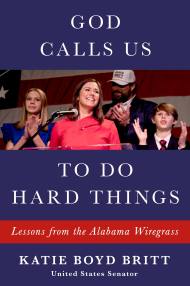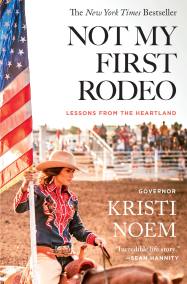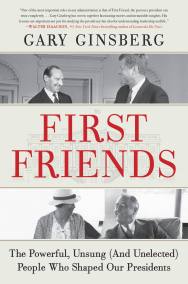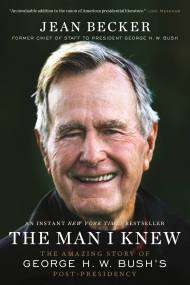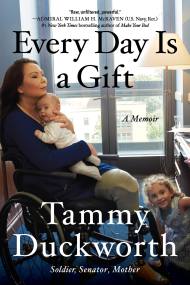Promotion
Use code MOM24 for 20% off site wide + free shipping over $45
Al Franken, Giant of the Senate
Contributors
By Al Franken
Formats and Prices
Price
$16.99Price
$22.49 CADFormat
Format:
- Trade Paperback $16.99 $22.49 CAD
- ebook $14.99 $19.99 CAD
- Hardcover (Large Print) $47.00 $60.00 CAD
- Audiobook Download (Unabridged)
This item is a preorder. Your payment method will be charged immediately, and the product is expected to ship on or around November 16, 2021. This date is subject to change due to shipping delays beyond our control.
Also available from:
“Flips the classic born-in-a-shack rise to political office tale on its head. I skipped meals to read this book – also unusual – because every page was funny. It made me deliriously happy.” — Louise Erdrich, The New York Times This is a book about an unlikely campaign that had an even more improbable ending: the closest outcome in history and an unprecedented eight-month recount saga, which is pretty funny in retrospect. It’s a book about what happens when the nation’s foremost progressive satirist gets a chance to serve in the United States Senate and, defying the low expectations of the pundit class, actually turns out to be good at it. It’s a book about our deeply polarized, frequently depressing, occasionally inspiring political culture, written from inside the belly of the beast. In this candid personal memoir, the honorable gentleman from Minnesota takes his army of loyal fans along with him from Saturday Night Live to the campaign trail, inside the halls of Congress, and behind the scenes of some of the most dramatic and/or hilarious moments of his new career in politics. Has Al Franken become a true Giant of the Senate? Franken asks readers to decide for themselves.
Genre:
- On Sale
- Nov 16, 2021
- Page Count
- 304 pages
- Publisher
- Twelve
- ISBN-13
- 9781455540426
Newsletter Signup
By clicking ‘Sign Up,’ I acknowledge that I have read and agree to Hachette Book Group’s Privacy Policy and Terms of Use


